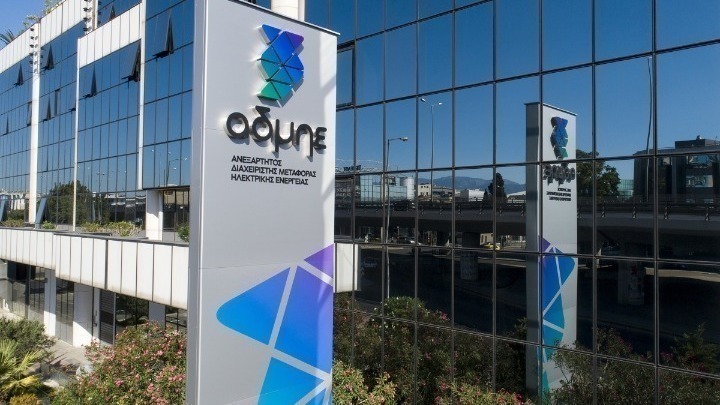
Greece ranks among the top nations globally for renewable energy integration
Over the past eight years, Greece’s energy mix has undergone a radical transformation, with the country’s "green" performance standing out on the international stage. Renewable energy sources—primarily solar and wind—now account for nearly 50% of electricity demand, up from around 20% in 2017, with the outlook pointing to a rise to 80% by 2030.
Since assuming management of IPTO (Independent Power Transmission Operator) in 2017, the company has invested a total of €3.1 billion in the construction of critical energy infrastructure that significantly expands grid capacity for the integration of more renewables. As part of this effort, IPTO has advanced the electrical interconnection between the mainland and the islands—an initiative that has made significant progress, with eight undersea interconnections already successfully completed. Additional investments are now being planned, as part of Greece’s ten-year electricity transmission system development plan, with a total value of €6.3 billion.
In cooperation with neighboring transmission system operators, IPTO is also planning new interconnections with mainland Europe and the Eastern Mediterranean, such as the Greece-Cyprus-Israel "Great Sea Interconnector", the Greece-Italy "GRITA 2", the Greece-Saudi Arabia "Saudi Greek Interconnection", and the Greece-Germany "Green Aegean Interconnector".
Particularly important is the Greece-Egypt "GREGY" interconnection, developed by the Copelouzos Group, in which IPTO is currently assessing a potential investment participation.
These projects leverage Greece’s geostrategic position and abundant renewable energy potential, while also strengthening Europe’s energy diversification and resilience. We are promoting the development of energy corridors within the European electricity grid that will contribute to the stability and security of our national power systems, especially as the share of renewables in electricity generation continues to grow.














